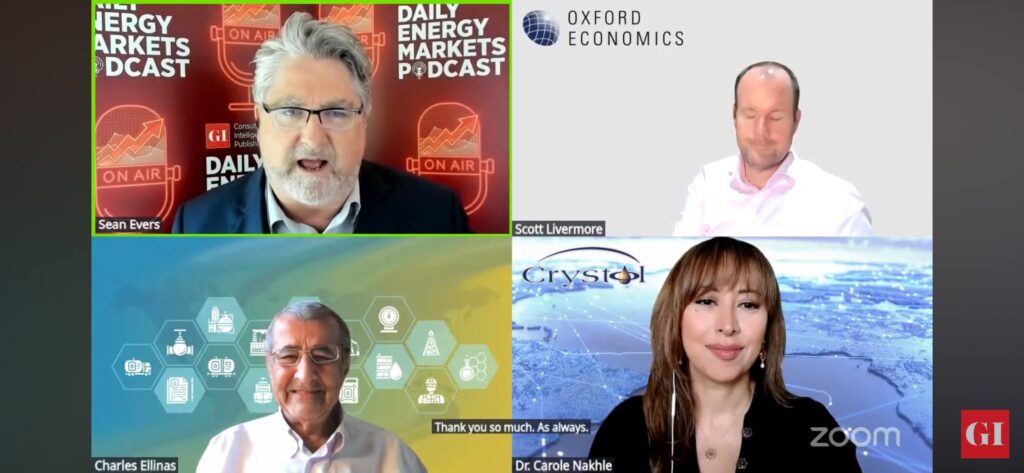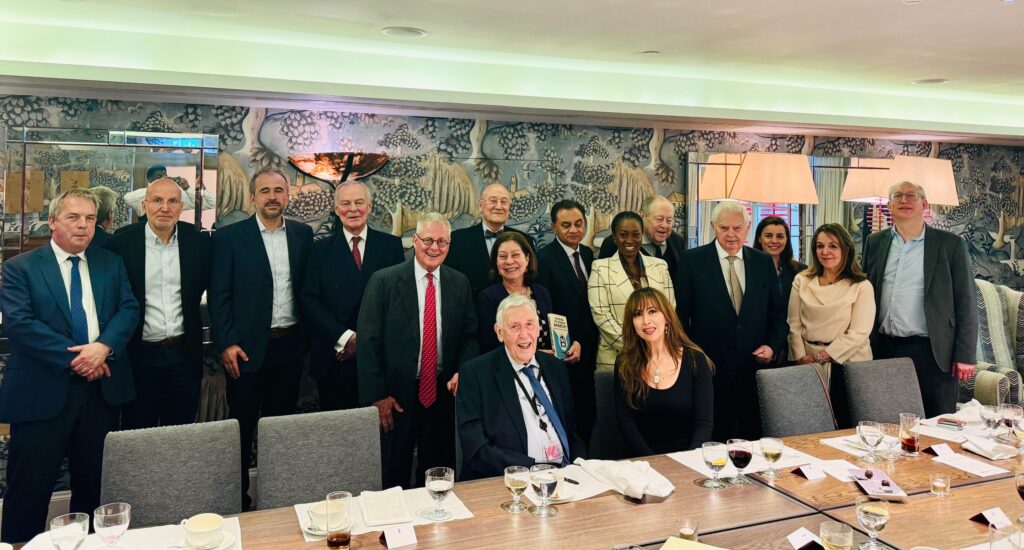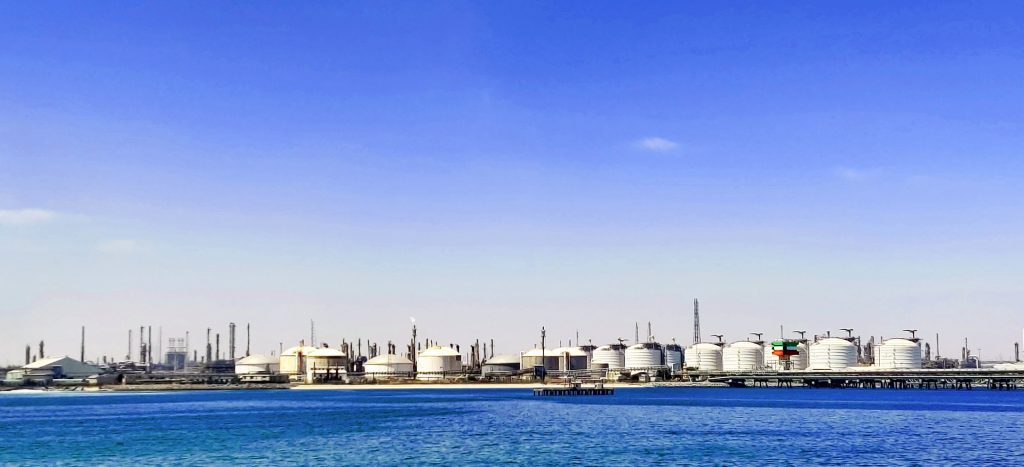In this commentary to the Gulf Intelligence, Dr Carole Nakhle, CEO of Crystol Energy, examines the growing fragility of global trade and energy markets amid policy shifts in the U.S. and beyond.
According to Dr. Nakhle, the legacy of the United States as a champion of free markets is under threat—ironically, from within. The so-called “Liberation Day” of Trump’s tariff impositions marks not an economic awakening but a dangerous reversal. For decades, the U.S. led the world in promoting globalization and trade openness. Today, its pivot to mercantilist, protectionist policies represent a betrayal of those values, injecting policy uncertainty into the global economic system and eroding trust in U.S. leadership.
Dr. Nakhle also sees that unpredictability is now baked into the market. In economic modeling, few variables are more destabilizing than erratic policy making, especially from the world’s largest economy. It is not just a question of tariffs on China. In a hyperconnected global trade network, China’s products reach American shelves through countless indirect routes. The impact of these barriers will not be neatly contained.
Ironically, China now presents itself as the more consistent champion of global trade, a stark role reversal that underscores the disruptive effect of Washington’s policy zigzags. The reputational damage to the U.S. as a reliable anchor of global trade may be the most enduring consequence.
She also highlights that in energy markets, the Trump-era disruptions risk derailing progress on the energy transition. Lower fossil fuel prices—driven by tariff-induced demand weakness and amplified by OPEC+’s decision to increase supply—extend the commercial lifespan of hydrocarbons. This has the unintended effect of delaying peak oil and gas demand, undermining global decarbonization goals. There is a troubling parallel in Europe, where the introduction of policies like the Carbon Border Adjustment Mechanism (CBAM)—a form of tariff under a green banner—highlights hypocrisy. Protectionism cloaked in climate ambition still creates trade distortions and uncertainty.
Dr. Nakhle also marked that OPEC+, too, faces turbulence. Their recent choice to increase supply into a weakening demand outlook suggests several possible motives: punishing non-compliant members, preempting future supply shocks, or acknowledging that low prices may be here to stay. But whatever the rationale, this move adds volatility. The wider energy and economic picture is one of fragility. Investment is frozen, especially in U.S. shale, not merely due to prices but due to policy inconsistency. Uncertainty is the enemy of capital.
If America continues down this path, it risks ceding its economic leadership—both in reputation and influence. What once was a symbol of predictability and openness may now be viewed as just another unpredictable player on the global chessboard.
Dr Nakhle was joined by Dr. Charles Ellinas, CEO of Cyprus Natural Hydrocarbons Co & Senior Fellow at the Atlantic Council, and Scott Livermore, Chief Economist and Oxford Economics – Middle East. Sean Evers from Gulf Intelligence moderated the discussion.
Related Analysis
“Oil markets face uncertainty amid changing geopolitics” Dr Carole Nakhle, Feb 2025
Related Comments
“Oil rises after Trump announces tariffs on Canada“, Dr Carole Nakhle, Feb 2025









